
During the pandemic, Matthew Cleaveland, a doctoral candidate at the Penn Research in Embedded Computing and Integrated Systems Engineering (PRECISE) Center, took up running to get outside … Read More ›

During the pandemic, Matthew Cleaveland, a doctoral candidate at the Penn Research in Embedded Computing and Integrated Systems Engineering (PRECISE) Center, took up running to get outside … Read More ›
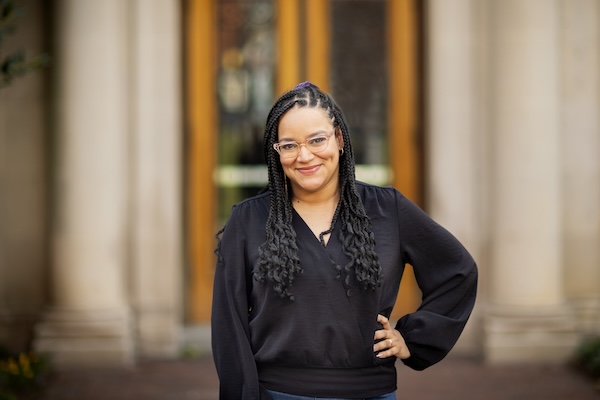
For Ro Encarnación, a doctoral student in Computer and Information Science (CIS) at Penn Engineering, computers have always been a source of wonder. She still … Read More ›
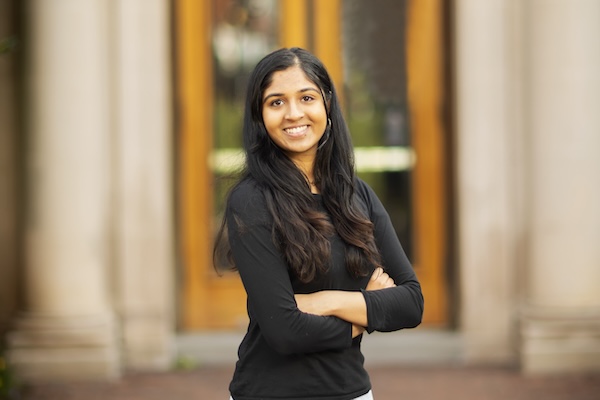
Aashika Vishwanath, a sophomore in Computer and Information Science (CIS) at Penn Engineering, is well-acquainted with the rigorous demands of her coursework. “It’s about wrestling … Read More ›
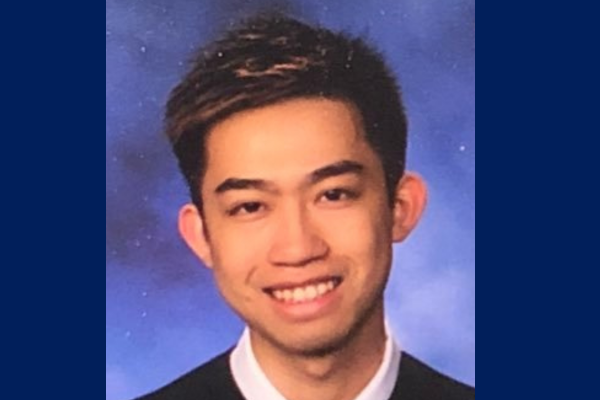
Yecheng (Jason) Ma, a fourth-year doctoral student in Computer and Information Science at the University of Pennsylvania’s School of Engineering and Applied Science, has been … Read More ›

Penn students have been building their knowledge and hands-on experience in places all over the world through Penn Global Seminars. Last May, “Robotics and Rehabilitation” … Read More ›
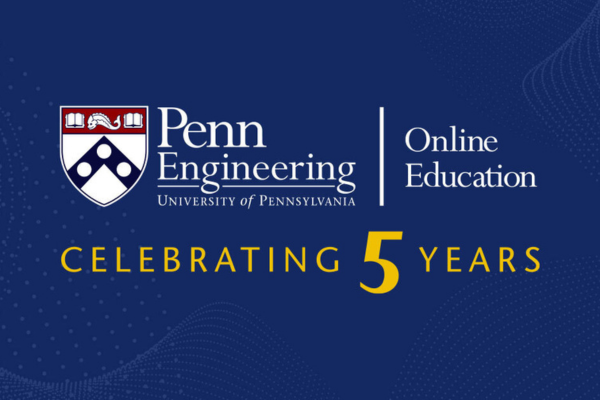
The technological landscape is changing at a rapid pace, faster than ever before, leaving almost no career path untouched. In addition, professionals looking to augment … Read More ›
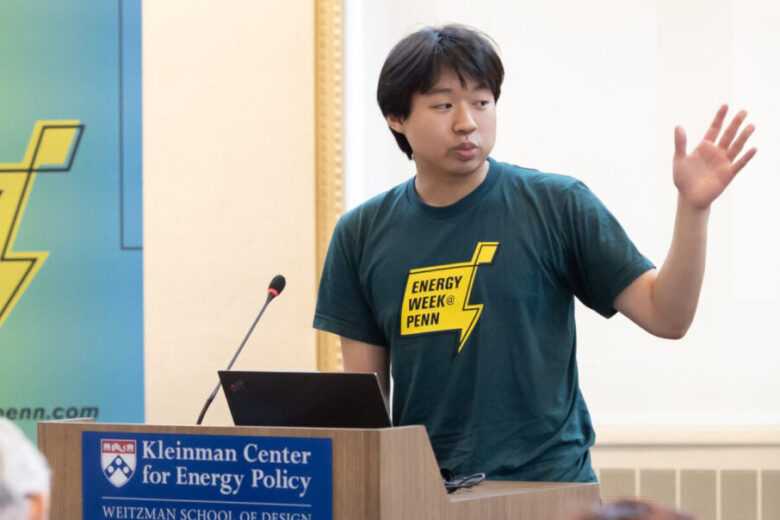
Energy Week returns to the University of Pennsylvania this year March 11-15, an opportunity to learn about energy-transition research and to hear from Penn scientists, … Read More ›

In Invisible Women: Data Bias in a World Designed for Men, Caroline Criado Perez notes that the default perspective for virtually all data collection and … Read More ›
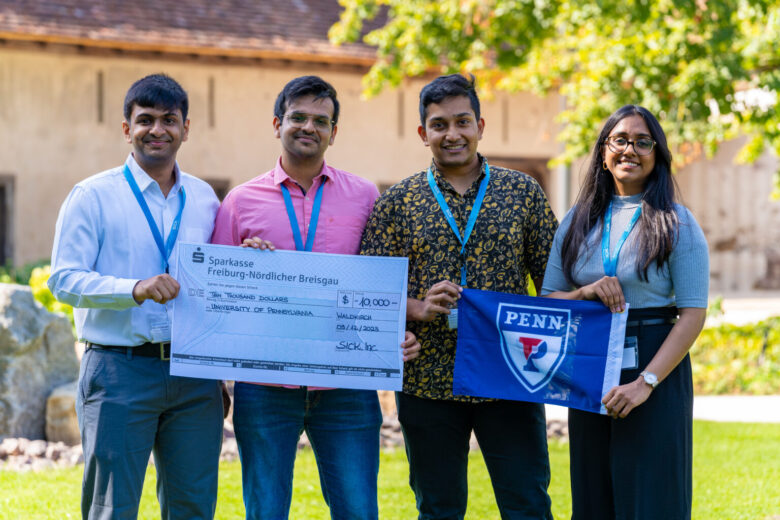
Five months after being awarded first prize in the 2022-2023 SICK $10K Challenge as well as receiving their master’s degrees in robotics from the University … Read More ›
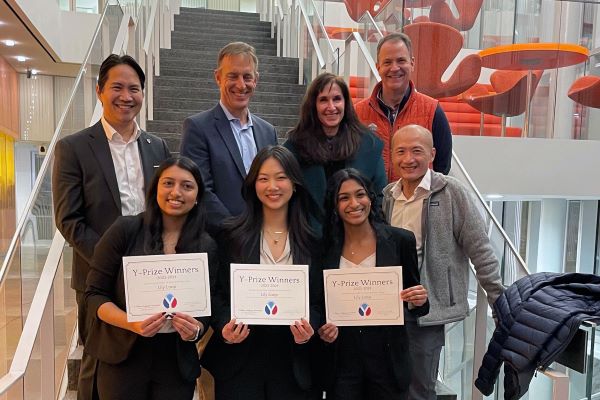
This year’s winner of Penn’s Y-Prize is LilyLoop, a line of “smart” period products that alerts users when to change tampons and captures menstrual flow data … Read More ›